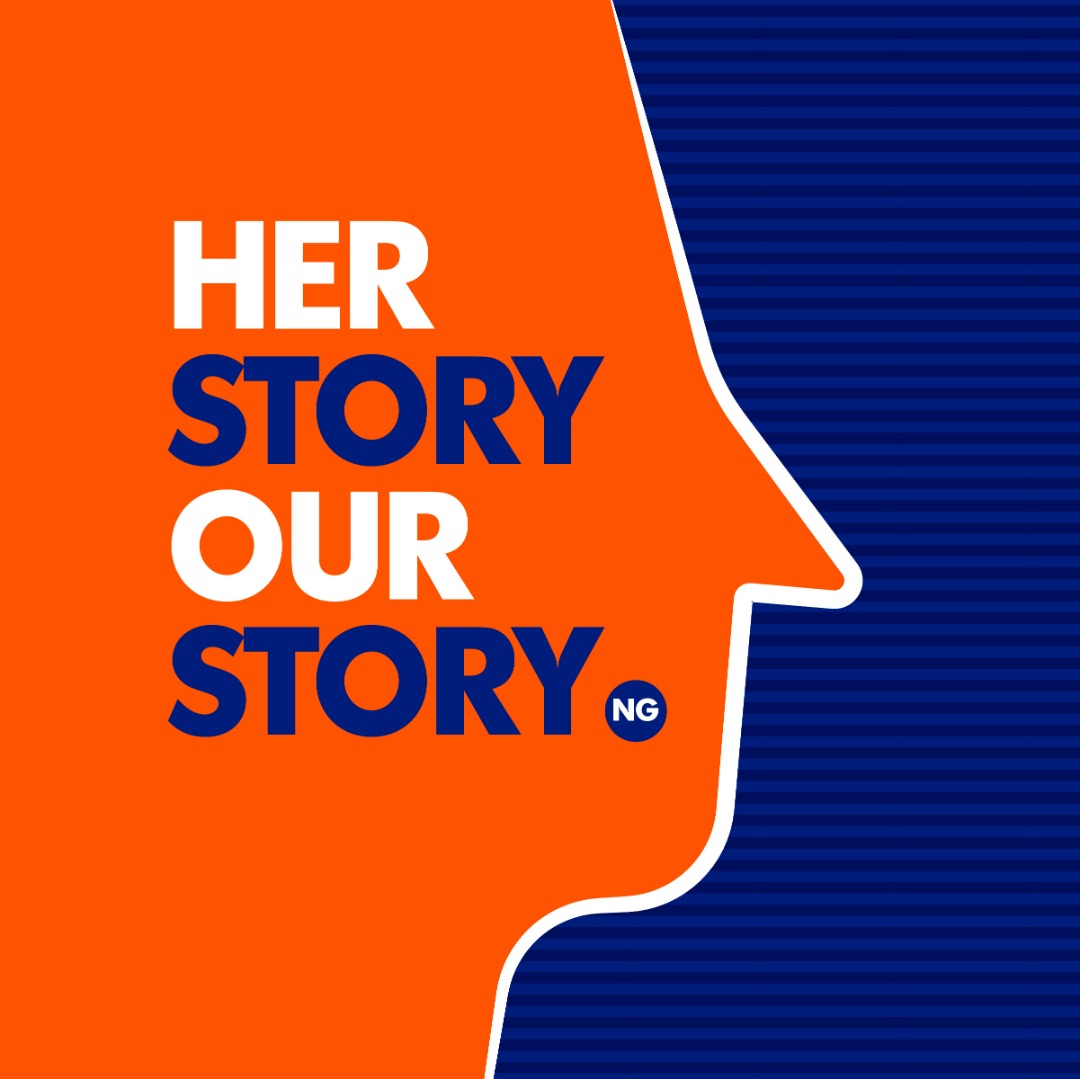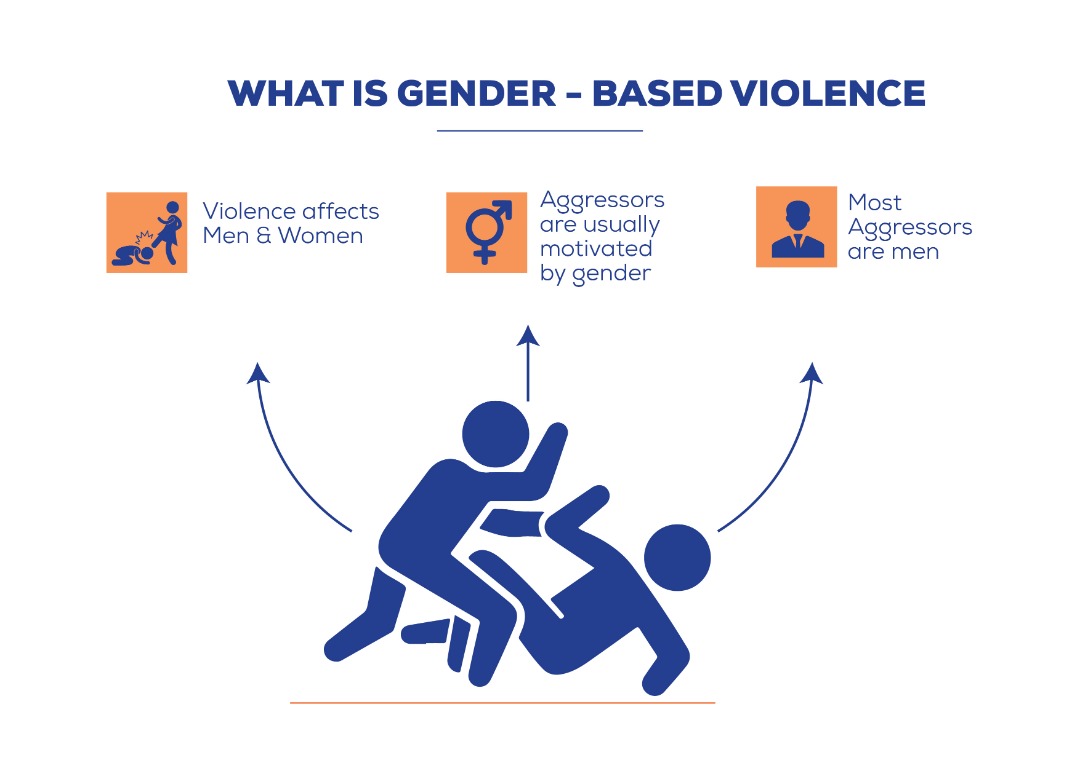About Us
Welcome to
#HerStoryOurStoryNG
Sexual and gender-based violence has become so widespread in Nigeria that its actual daily occurrence, as well as the ever-present fear of being assaulted that women and girls face, have become normalized. In spite of the size of the problem, there are still limited facilities to help victims and the number of cases of sexual violence and rape that are prosecuted, are very few compared to the number of victims. Many victims are reluctant to report crimes for fear of the social stigma associated with rape. Even when cases are reported, police response/investigation is weak, with the police also complicit in our society’s tendency to blame the victim and excuse the perpetrator.

This crisis of sexual violence in Nigeria demands urgent and comprehensive action from federal and state governments as well as justice service providers, with as much commitment to strengthening their medical, psychosocial, justice, social welfare response, as the government and citizens have committed to preventing the spread of COVID-19.
The Her Story Our Story Nigeria campaign seeks to challenge the persistent cycle of sexual and gender-based violence in Nigeria.
Campaign Objectives

- To increase public awareness at state and national levels about sexual assault and violence against women as a human rights issue.
- To raise private and public sector advocates & influencers who will sustain conversations narratives and actions; to counter persistent cycles of sexual and gender-based violence, victim-blaming and the culture of silence..
- Call the attention of state governments to the scale of sexual assault and violence against persons in Nigeria: and the critical importance of state government commitment to fund, sustain and replicate Sexual Assault Referral Centers (SARCs)

